Description
Cerro San Luis Micromill
Cerro San Luis Micromill is a family business run by two siblings and their spouses, who own and operate both farms and a small mill in Grecia, in the West Valley. In the interest of improving their quality and remaining competitive, they have focused on growing different varieties, and about 4 years ago they replaced their older stock with 10 or more different types of coffee, including Caturra, Red and Orange Bourbon, SL-28, Catuai, Villa Sarchi, and Maragogype.
The family’s farms are adjacent to one another, but the plots are given separate names for lot separation purposes, and the mill is located at the family home, just a few miles away.
After harvesting, the cherry is brought right to the family home, where they are able to do a variety of different processes, from washed and honeys to natural. As is common at mills in Costa Rica, at Cerro San Luis the type of honey is decided by how much mucilage is left on the coffee after depulping
MICROMILLS
Another development that has helped Costa Rican coffee producers differentiate themselves is the proliferation of micromills, or private wet- and sometimes dry-milling facilities that individual producers or groups of smallholders will build in order to control the processing and lot separation of their coffees. By investing in equipment such as depulpers or demucilaging machines, producers can harvest, depulp, and process their coffees in a variety of ways without relying on third-party mills, which can cut down on operating costs as well as increase the asking price for coffees.
PROCESSING AND PREP
Micromills have also been at the forefront of the processing innovations that have put Costa Rican coffees in the spotlight over the past decade: Honey processing, a kind of hybrid of a washed and pulped-natural process that originated in Costa Rica, has been more and more popular and prevalent among fine, lot-separated specialty coffees, though the term “honey” and its variations will vary from mill to mill based on their techniques. At some mills, the type of honey process (typically yellow, red, or black) is achieved by removing a certain percentage of the mucilage before the coffee is dried; other mills leave 100% of the mucilage on all their honey coffees, and instead modify the drying technique to create the various honey style.
Natural processing is also rising in popularity, in part because the profile can command higher prices, and because water restrictions can make fully-washed coffees more expensive and difficult to produce.
One of the Costa Rica–specific production details is that coffee here is measured by volume, rather than weight. Each mill has a receiving area, where cherry is brought and deposited into metal boxes called cajuelas, or “trunks.” Twenty cajuelas equals roughly one fanega, which is the 100-pound unit of measure in which producer receipts are written.
When the cherry is picked ripe, the fruit is both bigger and heavier than if it is over- or underripe, which means it will take fewer cherry to fill a fanega, and will bring a higher overall price to the coffee farmer. The country produces an average of 1.8–2.2 million fanegas annually.

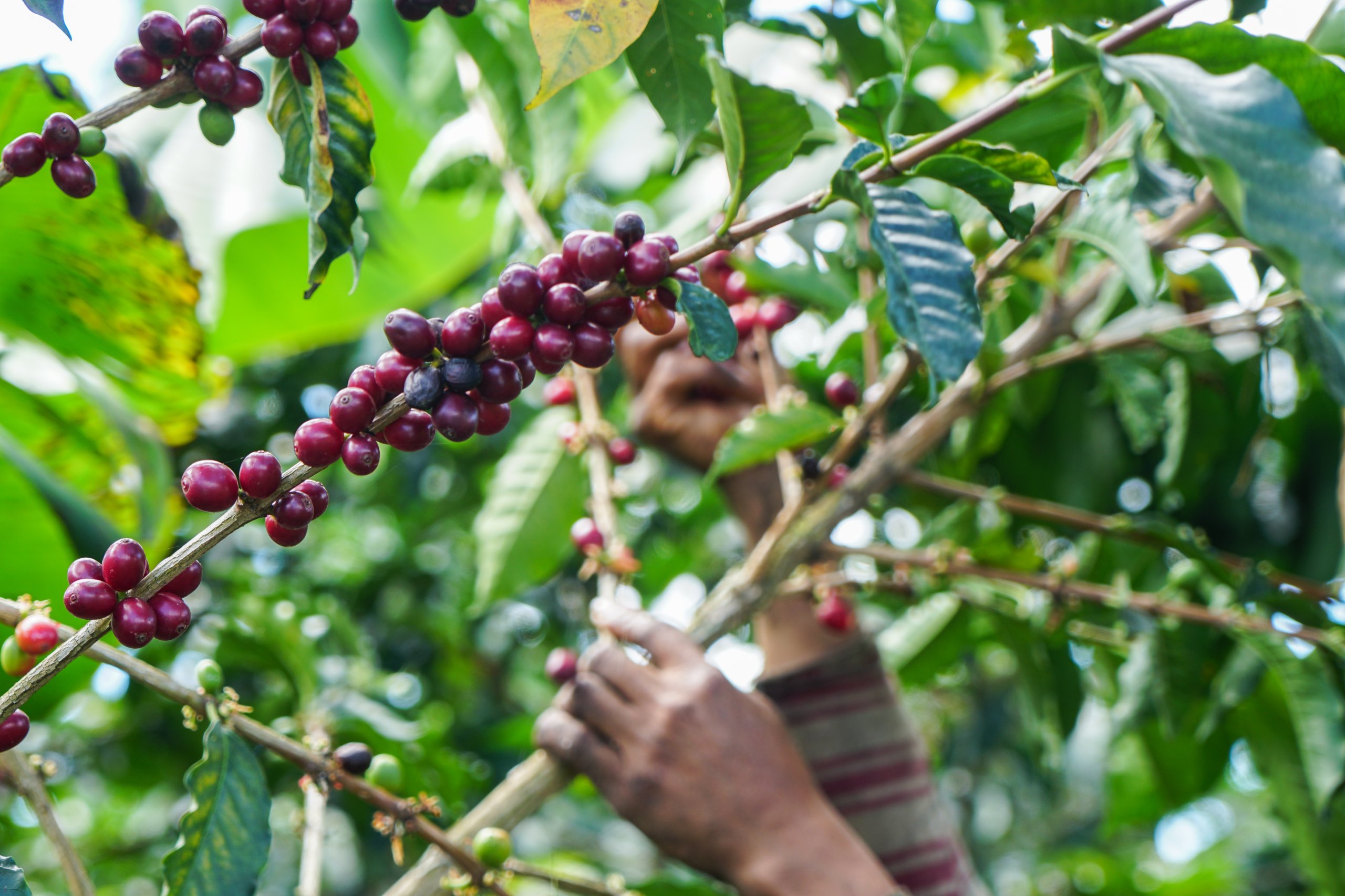
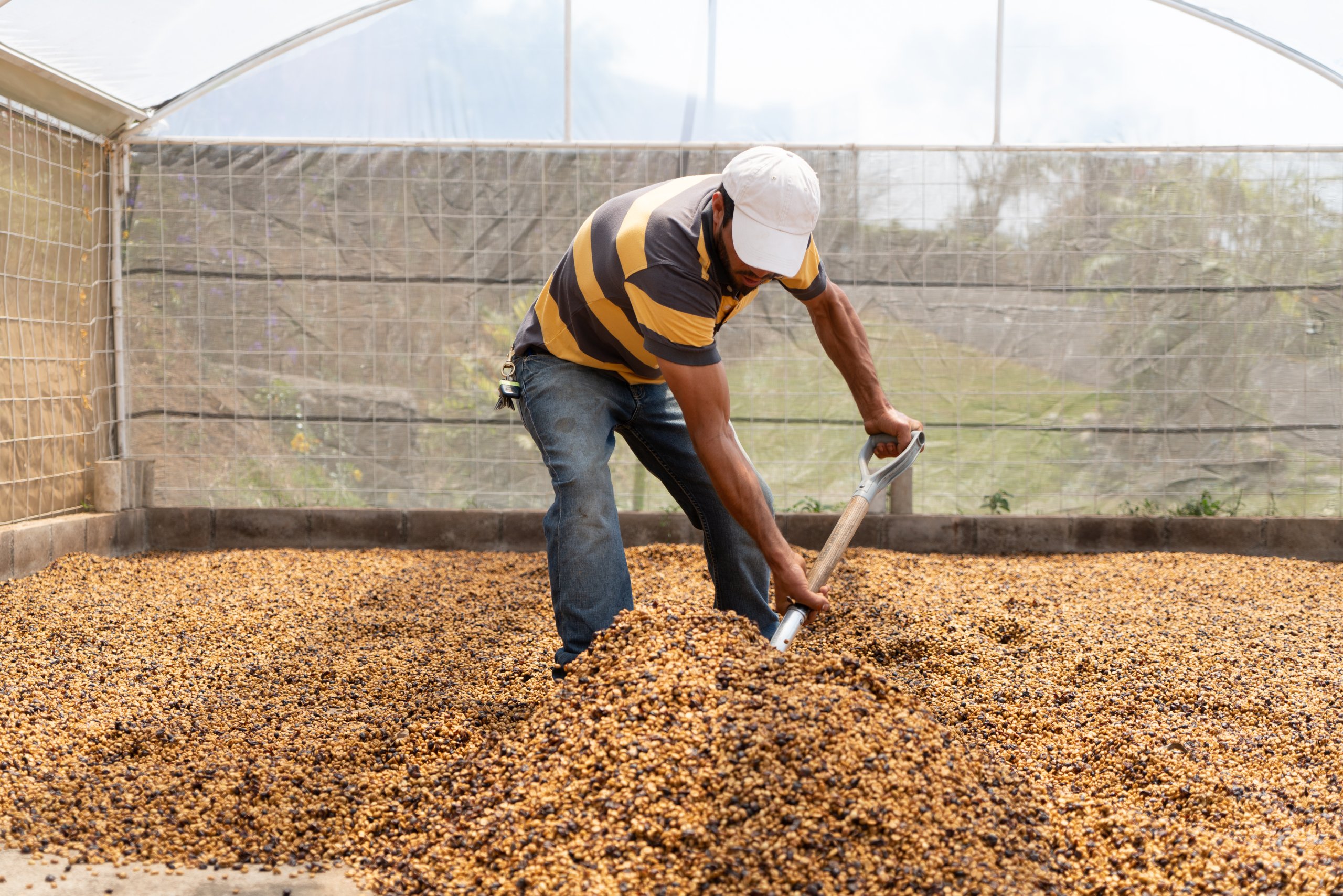
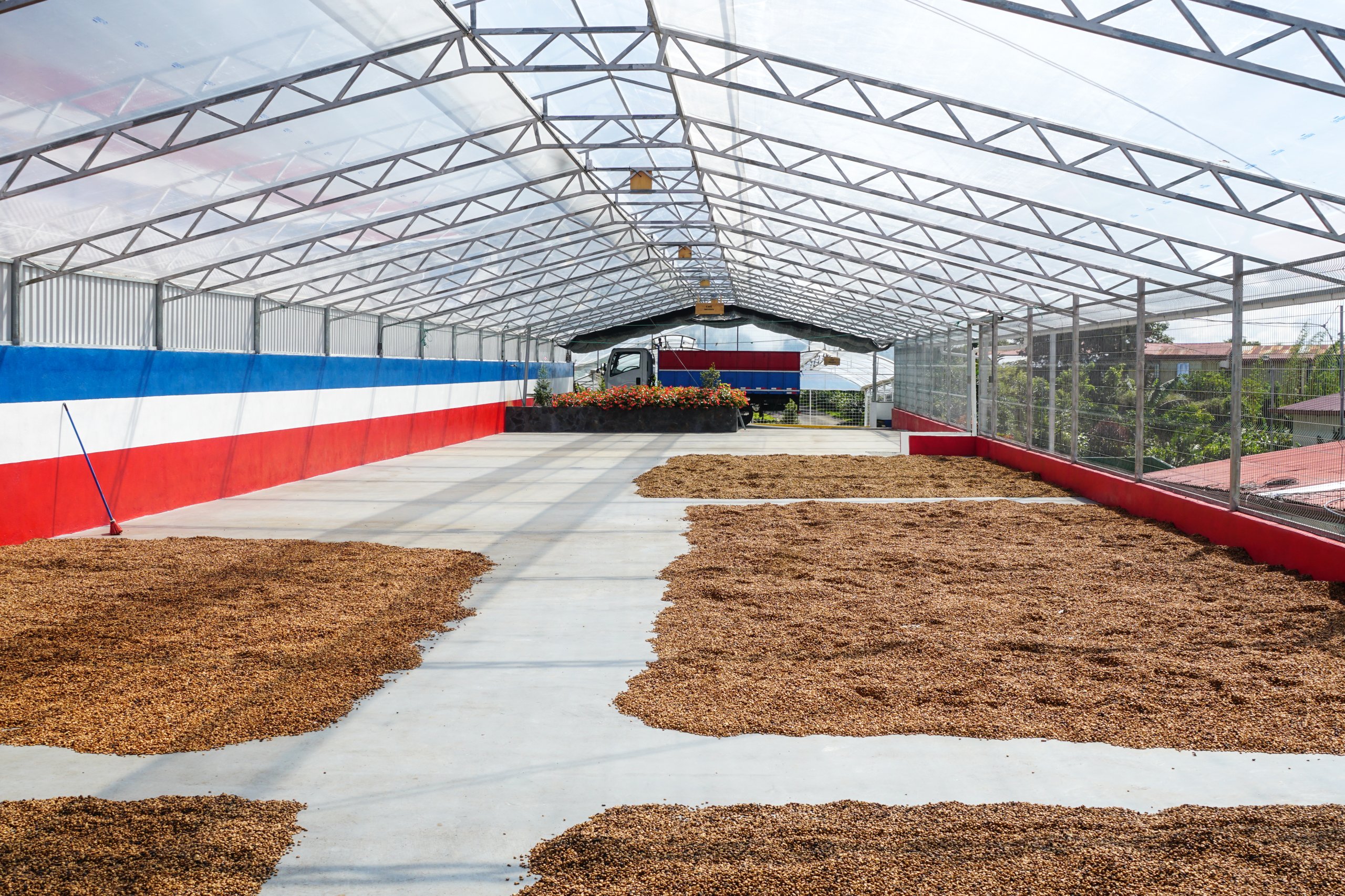







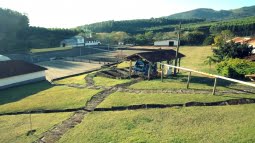
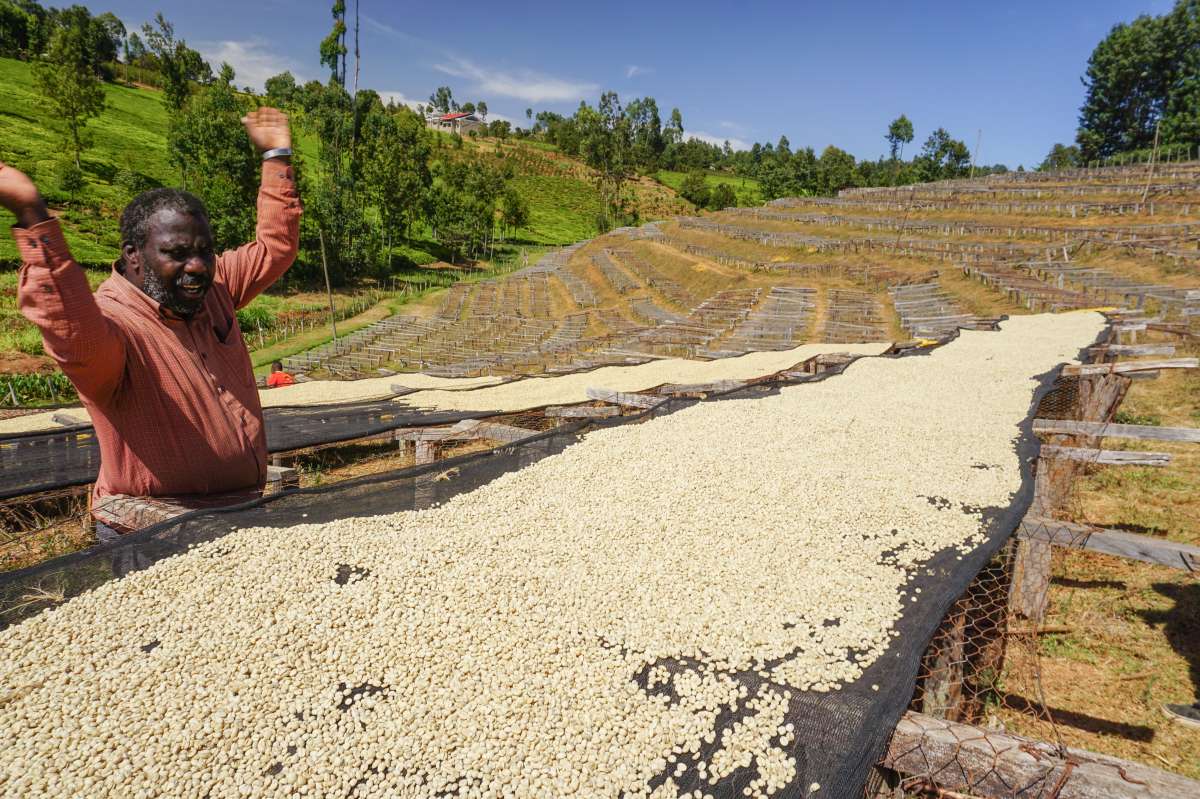
Reviews
There are no reviews yet.